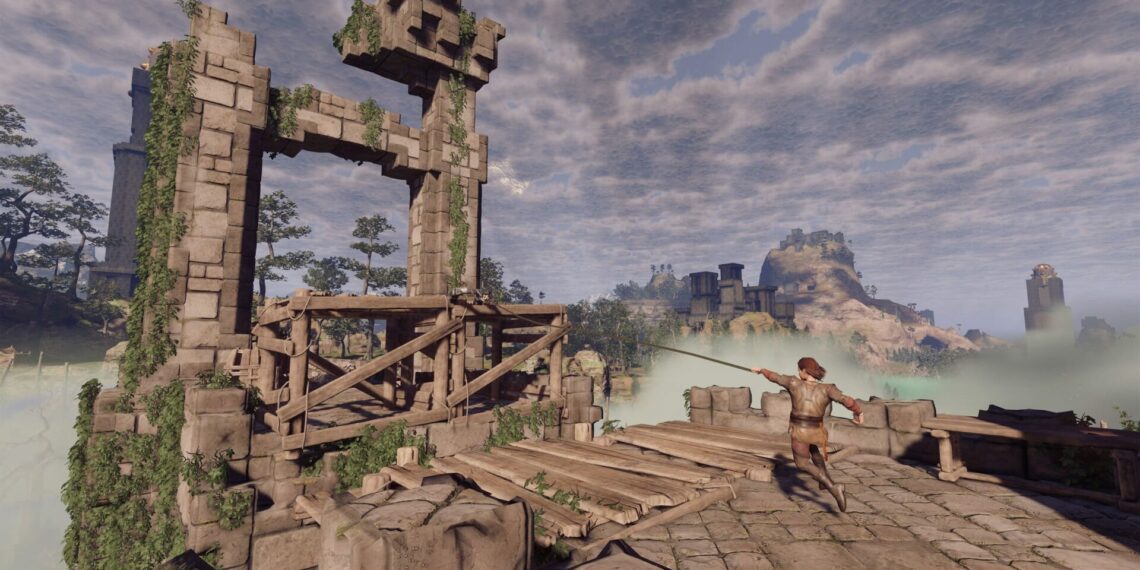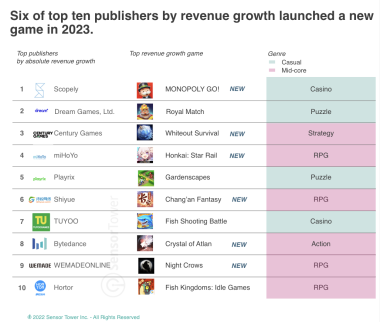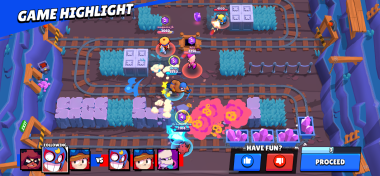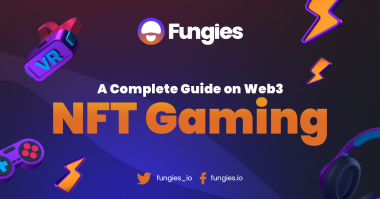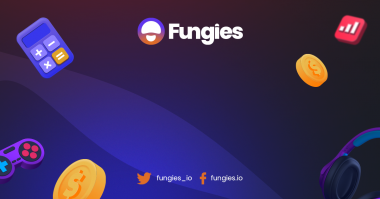Introduction
In today’s digital age, mobile apps are becoming increasingly popular, and game apps are no exception. Developing a game app can seem daunting for beginners, but with the right tools, tips, and tricks, anyone can create a successful game app. In this article, we will explore how to develop a game app using low code or no code online game-making tools. We will also provide a list of ten game-making apps that are perfect for beginners.
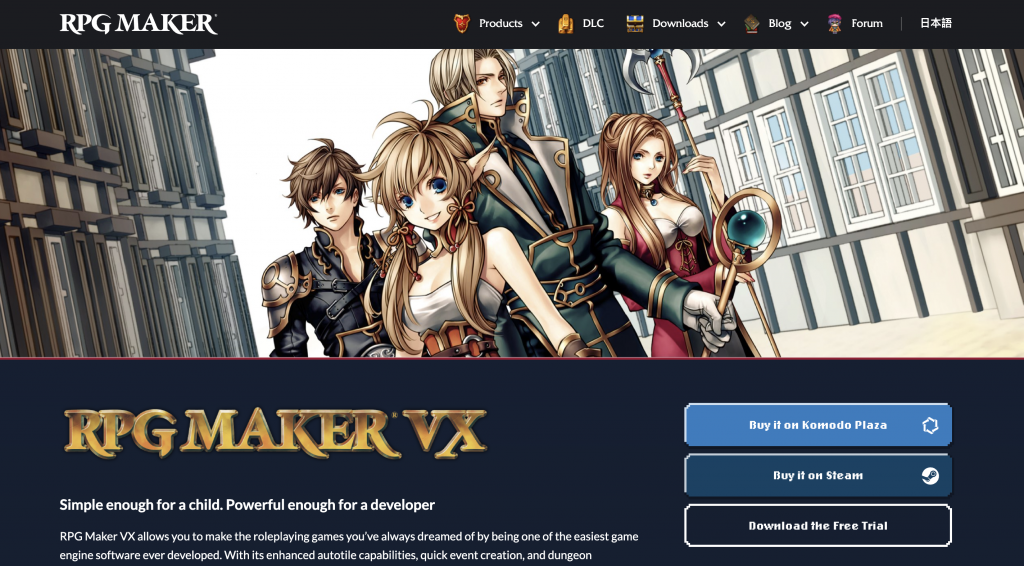
Part 1: Getting started with game app development
The first step in developing a game app is to have a clear idea of what you want to create. Once you have your idea, the next step is to choose a game engine or tool to develop your game app. Here are some popular game engines that you can use to create a game app:
- Unity: Unity is a popular game engine that offers low code options. It requires some level of coding skills, but it offers a more comprehensive range of features, making it ideal for designing complex games. Unity offers a vast community of developers who can offer support and guidance.
- Construct 3: Construct 3 is a no code game-making tool that offers a drag-and-drop interface, making it easy to design games quickly. It offers various templates, including puzzle games, platformers, and arcade games, to help users get started.
- GDevelop: GDevelop is an open-source game-making tool that offers a drag-and-drop interface. It is easy to use, and users can create games for various platforms, including web, mobile, and desktop.
- Stencyl: Stencyl is a game-making tool that offers a visual interface and requires no coding skills. It offers a wide range of templates, including platformers, puzzle games, and arcade games, making it easy for beginners to get started.
- Twine: Twine is a game-making tool that focuses on creating interactive stories. It is entirely browser-based and requires no coding skills. Twine offers a simple drag-and-drop interface, making it easy to create branching stories.
- GameMaker Studio 2: GameMaker Studio 2 is a game-making tool that offers a visual interface and requires minimal coding skills. It offers a wide range of templates, including platformers, puzzle games, and arcade games.
- Appy Pie: Appy Pie is a no code app development platform that allows users to create a wide range of apps, including game apps. It offers a drag-and-drop interface and requires no coding skills.
- Buildbox: Buildbox is a no code game-making tool that offers a drag-and-drop interface. It is easy to use and offers various templates, including puzzle games, platformers, and arcade games.
- RPG Maker MV: RPG Maker MV is a game-making tool that focuses on creating role-playing games. It offers a visual interface and requires minimal coding skills.
- Godot Engine: Godot Engine is an open-source game engine that offers a visual scripting language called GDScript. It is easy to use and offers a wide range of features, including support for 2D and 3D graphics.
Part 2: Tips for developing a game app
Once you have selected a game engine or tool, the next step is to start developing your game app. Here are some tips to help you along the way:
- Choose the right genre: The first step in developing a game app is to choose the right genre. There are various genres to choose from, including puzzle games, platformers, and arcade games. Choose a genre that you enjoy playing and have experience with.
- Keep it simple: When developing a game app, it is essential to keep it simple, especially if you are a beginner. Focus on creating a game with a
- clear objective and easy-to-understand mechanics.
- Test your game: Testing is a crucial part of game development. Ensure that you test your game regularly to identify any bugs or issues. You can also get feedback from friends or colleagues to help you improve the game.
- Optimize your game: As you develop your game app, it is essential to optimize it for performance. This includes optimizing graphics, sound effects, and code. Ensuring that your game app runs smoothly will help provide a better user experience.
- Use assets: Most game-making tools offer a library of assets, including characters, backgrounds, and sound effects. These assets can save you time and help you create a professional-looking game app.
- Collaborate with others: Collaborating with other game developers can help you learn new skills and get feedback on your game app. Join online communities or game development groups to connect with other developers.
- Get creative with sound effects: Sound effects can make a huge difference in the overall feel of your game app. Experiment with different sound effects to find the ones that fit your game app.
- Pay attention to details: The small details in your game app can make a big difference. Pay attention to things like font size, color schemes, and sound effects to create a cohesive and immersive experience for your players.
- Use tutorials: Many game-making tools offer tutorials that can help you learn how to use the tool effectively. Take advantage of these tutorials to learn new skills and techniques.
- Get inspiration from other games: Studying other successful games can help you get ideas for your game app. Look at the gameplay mechanics, story, and characters of successful games to help you create a game app that is unique and engaging.
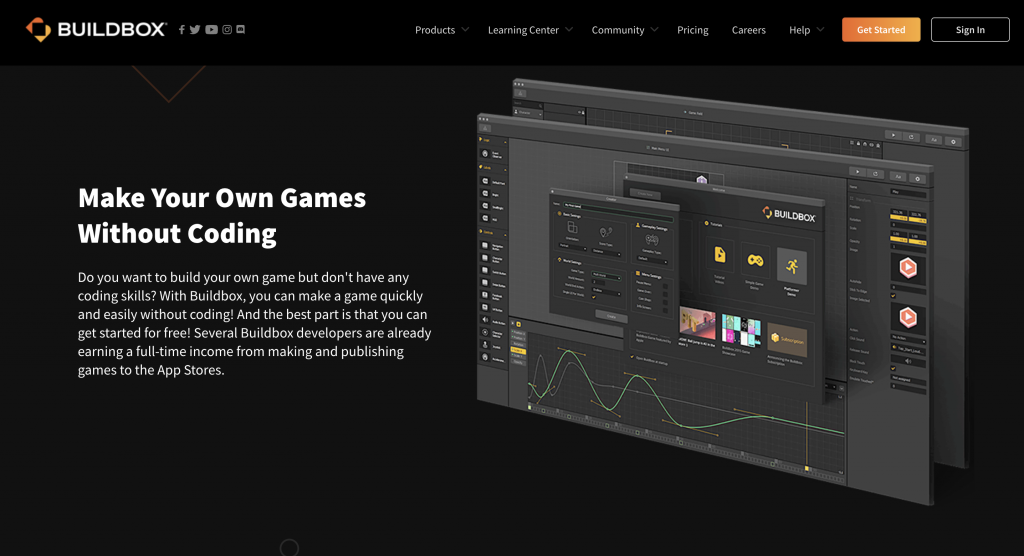
Part 3: Monetizing your game app
Once you have developed your game app, the next step is to monetize it. There are several ways to monetize your game app, including:
- In-app purchases: In-app purchases allow users to buy virtual goods or features within the app.
- Ads: Ads can be displayed within the app to generate revenue.
- Paid downloads: You can charge users to download your game app.
- Sponsorships: You can partner with a brand or company to promote their products or services within the app.
Part 4: Conclusion
In conclusion, developing a game app is an exciting and rewarding experience, and with the right tools, tips, and tricks, anyone can create a successful game app. It is essential to choose the right game engine or tool, focus on gameplay, test your game app, optimize it for performance, and monetize it effectively. By following these tips, you can create an engaging and fun game app that users will love to play.
